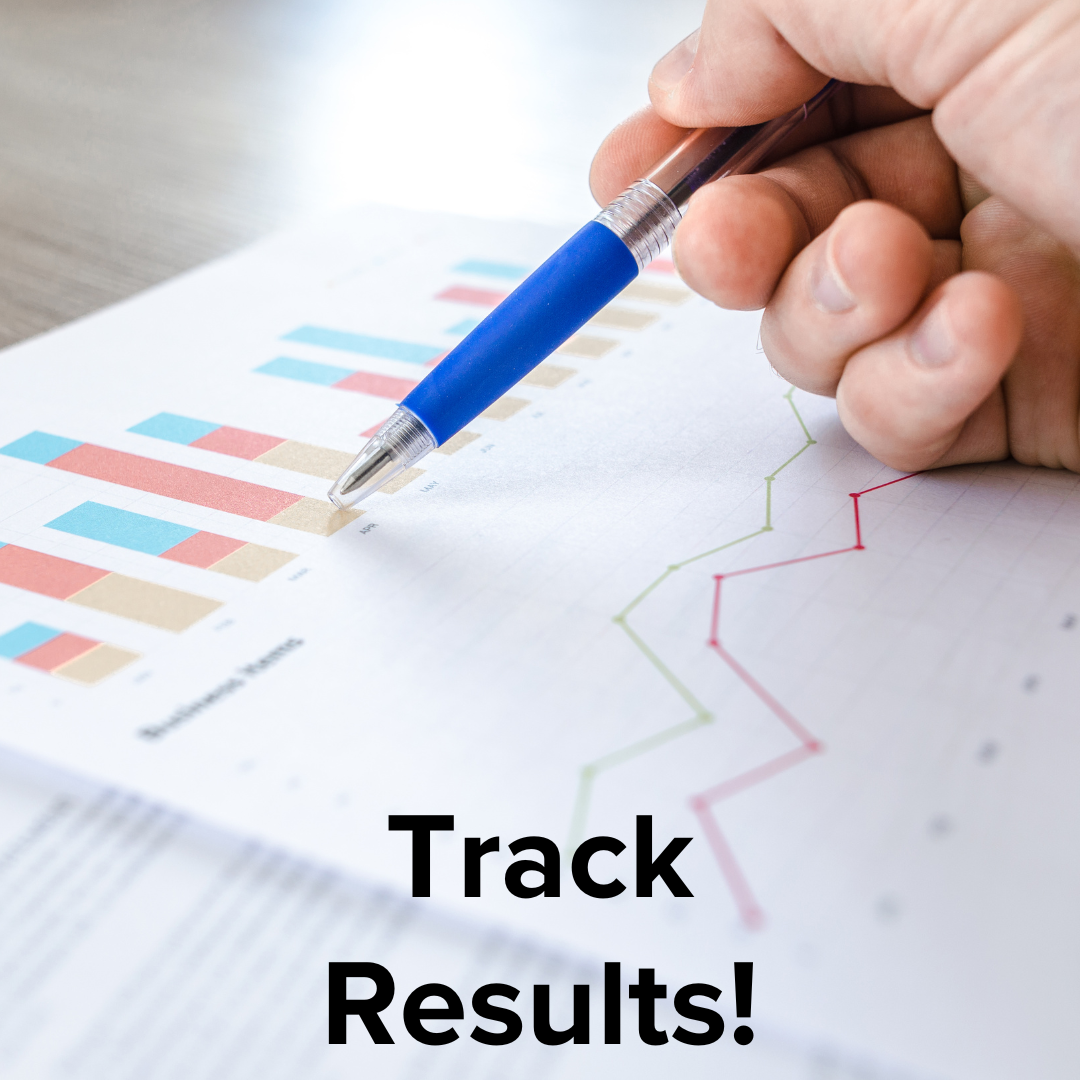16 Ways to Build Wealth
By Kevin Estes
Want to Build Wealth?
Let’s play four square!
There are thousands of ways to build wealth. This post focuses on 16 of them across four areas:
Income
Expenses
Protection
Goals
Income
Focus on Superpowers
Unique skills drive higher compensation. Strengths fuel success.
Weaknesses must be shored up with minimal effort:
hire solutions,
partner with teammates who have complementary skills,
develop new skills…
Focusing on weaknesses tends to yield linear results. Focusing on strengths may produce exponential results.
What do you do extraordinarily well? What can only you do? How could you do more of those?
Track results! What gets measured gets improved.
Documenting the impact also helps with:
performance reviews,
client conversations,
interviews, and
other important meetings!
Take Calculated Risks
Another key to driving income is to take appropriate risks. That might be with:
career opportunities,
projects,
investments, or
all three!
Risk and return are inherently linked. Consistently playing it safe on average results in predictable, yet lower, compensation.
Always making the safest choice can actually be risky! Staying inside a comfort zone restricts skill development and impact. In the private sector, a career which stalls is in trouble.
Catch Free Money
If someone’s going to throw money, catch it!
Opportunities include:
Stock options and grants
Company retirement plan match
Spending accounts which fall to zero at year end
Whether or not someone can take full advantage of opportunities depends on their specific situation.
Be a Lifelong Learner
Continuing to develop will help ensure skills never become obsolete.
Learning can also help someone:
connect seemingly unrelated dots,
discover new passions, and
meet great people.
Expenses
Own Long-Term
The annual cost of almost everything is lower with long-term ownership:
homes,
vehicles,
clothes,
investments…
Someone with a long-term ownership mentality takes different steps:
Conducting maintenance and making repairs proactively
Installing a phone case and screen protector
Using shoe trees and taking other measures to extend clothing life
A stitch in time saves nine.
Cut Hidden Costs
One of the quickest ways to reduce spending is to cut unused or unnecessary expenses.
Some examples include:
unused subscriptions,
financing charges,
investment expenses,
late fees, and
fraud.
Also, it rarely makes sense to finance a toy.
If someone can’t afford to pay cash for it, they usually can’t afford it.
Bring Lunch
My mom’s friend made lunch for her husband for over 30 years. She did it first thing in the morning - basically in her sleep!
Saving:
$5 a day,
200 days a year
over 30 years
invested at an 8% return…
would result in over $122,000 after 30 years!
While literal, “bring a lunch” is also a metaphor. It’s about taking a mindful approach to recurring expenses.
Be Intentional
Every dollar spent reduces financial flexibility for two reasons:
It lowers how much can be saved and
It reduces costs, thereby reducing how much someone needs to save to achieve financial independence.
Knowing expenses is crucial.
The next steps is to evaluate expenses to ensure they’re worth the hours required to work to pay for them:
Double down where they are
Cut back where they aren’t
This framework helps bring awareness to what may otherwise be subconscious decisions.
Protection
Have an Emergency Fund
I generally recommend having 3-6 months’ worth of living expenses saved into a readily accessible fund.
Factors which increase the number of months include:
a single income source,
variable compensation,
real estate investments, etc.
An emergency fund is readily available at its full value.
That can be investments, right? After all, stocks can be sold almost immediately.
No!
Although stocks can be sold quickly, markets can move even faster. Almost every day, at least one company’s stock price is cut in half or falls to zero.
Whole markets can drop substantially in a day. For instance, the Dow Jones Industrial Average dropped 22.6% on Black Monday on October 19, 1987.
Cash equivalents are liquid. The emergency fund doesn’t need to be in physical cash. A savings or money market account works well.
Stay Appropriately Insured
Unfortunately, I’m not aware of any insurance companies which operate as a not for profit. It’s in the best interest of regulators to ensure insurance companies earn a profit so they can pay claims!
Premiums received have to exceed payouts. On average, the house wins.
Unfortunately, we can’t predict our individual needs for potentially devastating expenses like:
car accidents,
medical care,
disability, and
death
Insurance protects against catastrophic loss. Underinsurance might sink someone’s finances faster than anything else.
That said, it’s important to only insure for what’s needed. Ways to reduce insurance expenses include:
increasing deductibles and
dropping coverage for manageable expenses.
The higher someone’s wealth, the less coverage they might need for things like:
disability,
life insurance, and
long-term care.
However, it’s imperative someone have adequate coverage until they become fully financially independent.
Nonetheless, reducing insurance costs with wealth can be a virtuous cycle for many types of insurance:
Not all insurance premiums fall with rising wealth. Liability and umbrella insurance needs - and therefore cost - tend to rise. Home and auto also rise with higher value
Shop Around
Unlike with credit, there isn’t a score which is negatively impacted by getting competing insurance quotes.
The biggest cost of shopping for a lower premium is time.
If an insurance provider:
offers the same or better insurance coverage
at the same premium
and has the same or better financial footing,
it’s likely a better deal.
The insurance coverage must be truly comparable. Comparing terms is hopefully straight-forward.
However, it can be tougher to evaluate things like:
claims speed,
likelihood of payment, and
customer service quality.
Be Kind
Kindness is not just the right thing to do. It also reduces the likelihood of being sued.
According to The New York Times:
… physicians sued less often are those more likely to spend time educating patients about their care, more likely to use humor and laugh with their patients and more likely to get their patients to to talk and express their opinions.
The greatest predictor isn’t:
where they studied medicine,
years of experience,
or even skill.
It’s bedside manners!
Accidents happen in all walks of life. However, people treated poorly are less likely to forgive and more likely to sue for damages.
Kind, honest, and clear communication can help reduce the risk of a lawsuit. Always be a little nicer than needed.
Goals
Plan Well Ahead
It’s important to plan ahead for expenses. It’s even more important to plan ahead for life.
If you don’t know where you’re going, any road will get you there.
Having a clear goal simplifies thousands of decisions. What might otherwise be murky tradeoff decisions become clear.
Develop Systems
James Clear - the author of Atomic Habits - says:
You do not rise to the level of your goals.
You fall to the level of your systems.
Examples of how systems can improve financial outcomes include:
creating repeatable work processes,
automating bill payment & saving, and
developing a method to identify & invest excess cash.
Support Others
What makes humans special is our ability to help each other. Compensation is the result of helping others.
Helping others is also key for personal relationships. The right time to meet your neighbors isn’t when your house is on fire!
If you’d prefer to think in terms of dollars and cents, consider the following. Over the long-term:
Value added = # people helped * amount of help per person
Value added = goodwill + compensation
Goodwill attracts more people to help!
Want to earn more consistently higher income?
Help more people,
Help people more thoroughly, or
Both.
Be Ready
Life’s like surfing.
You don’t know when a great wave will come along
When it does, you need to jump on it right away
You have some influence - yet never full control - of where you go
All good things come to an end
The image below is… not me! 🤣
If you’re interested in making the most of your financial opportunities…
Disclaimer
In addition to the usual disclaimers, neither this post nor this image includes any financial, tax, or legal advice.















